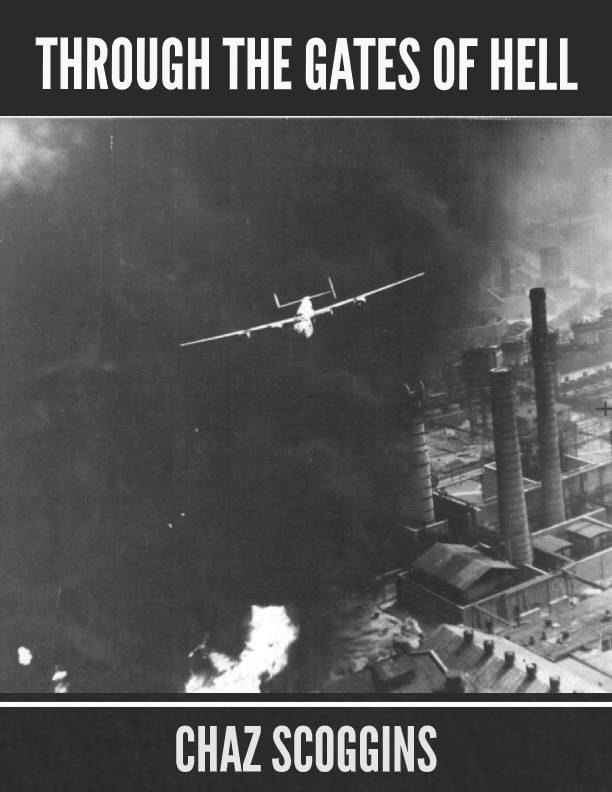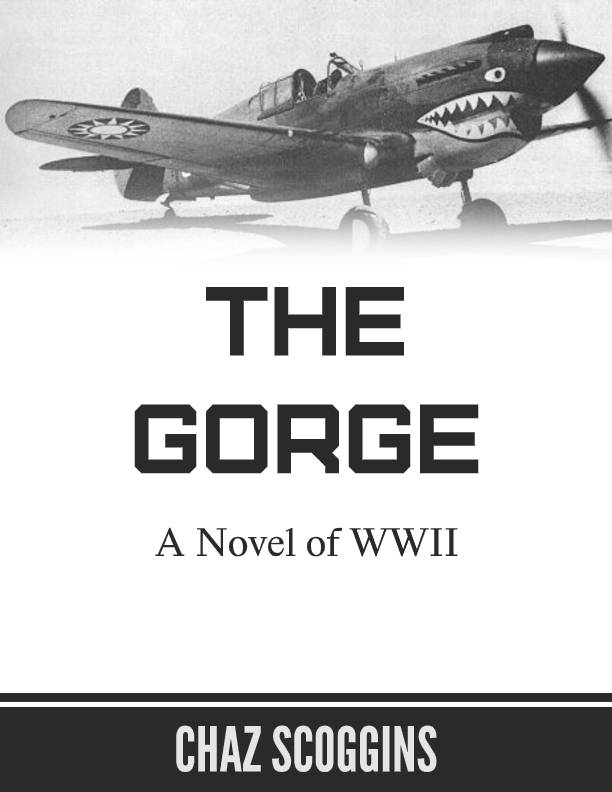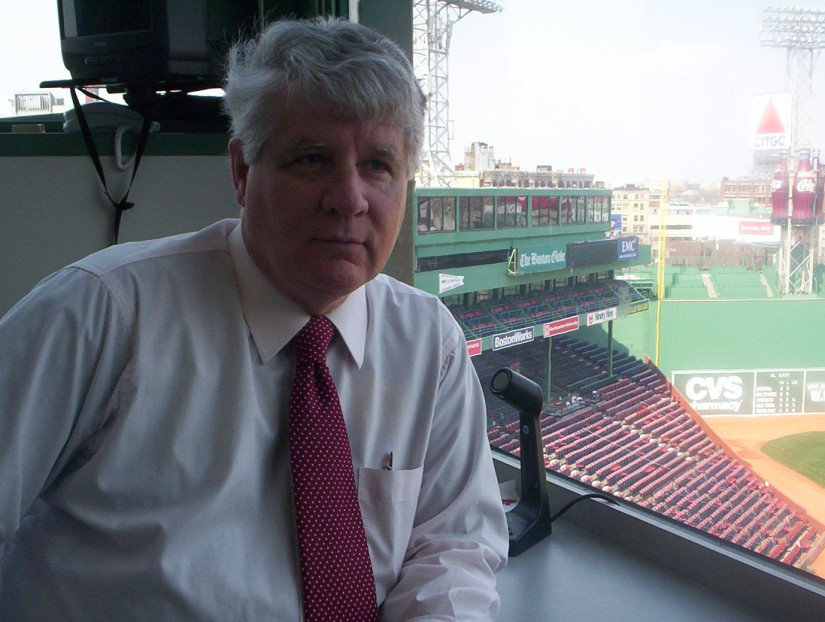Chaz Scoggins
THE SCOGGINS LIBRARY
Welcome to Scoggins’ Books & Blogs, a library of selected writings by Chaz Scoggins. Here you will discover synopses of, and excerpts from, his historical novels depicting little known but pivotal World War II air battles in “The Gorge,” “Through the Gates of Hell,” “JV-44,” and “The Dark and Wrathful Skies.” There is also his historical novel, “The Orphans of Omega,” the compelling and tragic saga of European refugees displaced from their homes and forced to leave their countries and possessions behind, concentration camp survivors, and unrepatriated prisoners of war, all struggling to survive in a cold and hostile world that has no place for them in the immediate aftermath of World War II.
For lighter reading, there is “Goofball,” a roman a clef about a downtrodden Major League Baseball team that unexpectedly finds itself contending for the pennant and was inspired by Scoggins’ 40 years as a beat writer covering the Boston Red Sox. Most of the story is based on actual events observed by Scoggins or passed down through baseball lore. The names have been changed to protect the guilty.
If any of these titles and sneak previews entice you, you may download the entire book for a small fee. More novels will be arriving in the future, so check back now and then as the library continues to expand.
A now-retired sports writer, columnist, editor, and radio color commentator, Chaz Scoggins is also the author of three published non-fiction books about baseball. “Bricks and Bats” details the colorful history of minor-league baseball in Lowell, Massachusetts. “Game of My Life” relates stories from Red Sox stars about the one game they remember most from their distinguished careers. Co-authored with All-Star shortstop Rico Petrocelli, “Tales from the Impossible Dream” recaptures the Red Sox’ improbable and legendary march to the 1967 World Series, a season that quite likely saved the franchise in Boston.
The library also includes an ever-growing cache of essays and commentaries on our life and times written by Scoggins that run the gamut from humorous to serious. New essays and commentaries will be added regularly, and they can all be read for free. Feedback is always welcome.
So go ahead and browse, and thanks for looking in.





Updates from the author
COMING IN 2021!
In a departure from writing about the past, “Darwinia,” the latest novel from Chaz Scoggins, will look into the future and be available for preview and downloading as a pdf in 2021.
Before the end of the 22nd Century, a crowded, corrupted, and polluted Earth has become almost unlivable. Governments are repressive, technology is at a standstill, and the planet’s population has soared past 50 billion. Suicides and murder are the leading causes of death as people without jobs, money, or hope are warehoused in concrete skyscrapers while the fabulously wealthy moneymongers reside on private islands or vast estates in what remains of the wilderness. Then a new and pristine planet named Darwinia is discovered, a little smaller than Earth but identical in almost every way. To relieve the overcrowding on Earth, the United Nations sponsors a massive emigration of oppressed and unwanted people to Darwinia. Freed from their economic and educational shackles, the colonists are determined to avoid the same mistakes their ancestors made on Earth and befoul their newly obtained paradise. But can willpower triumph over human nature and create a utopian society?
Look for “Darwinia” and other novels, essays, and commentaries by Chaz Scoggins in future months. As always, essays and commentaries can be read for free.

Recent Posts
A Very Lucky Man
2021 I’ve had many friends tell me how unlucky I’ve been to have lost not one but two wives, one to cancer and the other …
WITASSIC
Welcome to Witassic, Massachusetts. My Town. We’d have liked to have referred to it as Our Town, but some hamlet up in New Hampshire, oh, …
JUSTICE DENIED
Justice delayed is justice denied, as the old saying goes. And in America nowadays swift justice is harder and harder to obtain. There was a …

